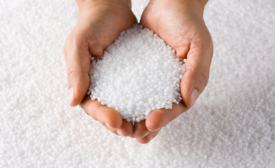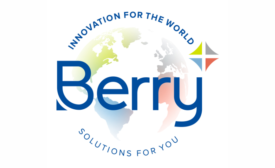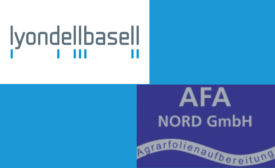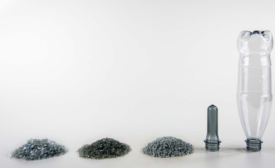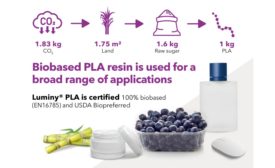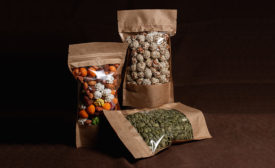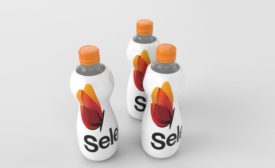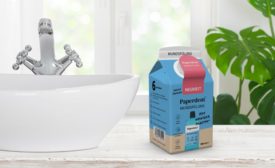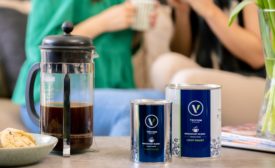Home » circular economy
Articles Tagged with ''circular economy''
Podcast | Sustainable Snack Food Packaging
From the Packaging Perspectives podcast series
June 2, 2023
Sustainability
Charting Their Own Paths to Sustainability
While there are many well-known routes to more sustainable packaging, these companies have developed unique and ingenious ways to keep packaging materials biodegradable or ease their recycling.
June 1, 2023

